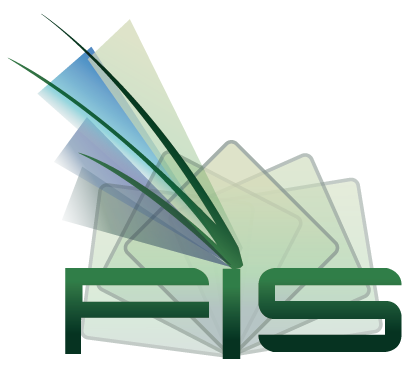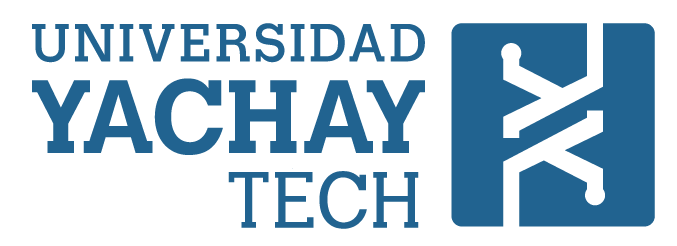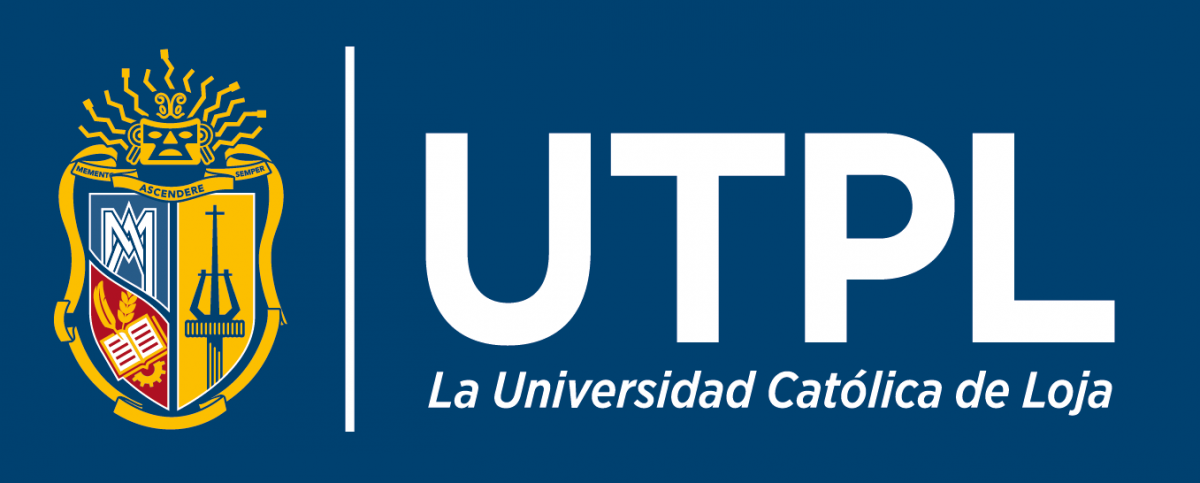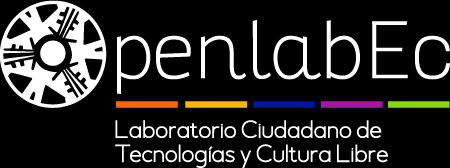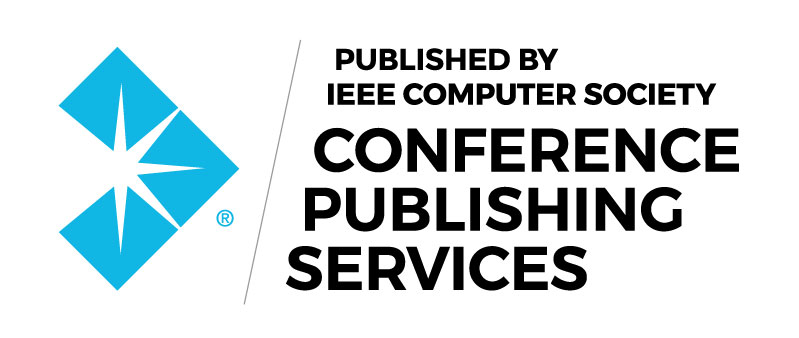Kanishka Tyagi
UHV Technologies, Fort Wayne, Indiana, USA

Conference theme:
Machine learning models in autonomous driving: From theory to practice
Abstract:
In the first Mojave Desert DARPA challenge in 2004 the best self-driving car could only manage about 7 miles. In 2021 however, after years of advancements in autonomous driving, several companies’ vehicles covered hundreds of miles with minor intervention. Machine learning (ML) in autonomous driving makes it possible for a vehicle to collect data on its surroundings using sensors, interpret the data and then decide what action to take. Recent advancements in ML allow self-driving systems to perform various tasks as well as or even better than humans. A subset of ML called deep learning is the driving force for the majority of the autonomous driving tasks. However, with advancement in sensors such as Radar and Lidar, the computationally expensive deep learning black box technology is being challenged and a need for developing neural networks from scratch has arisen. Since autonomous driving is an extremely dynamic area of research, the challenges related to regulations, law enforcement, and ISO standards are still being worked out. This talk will introduce, the landscape of autonomous driving including framework, modelling and challenges of training and deploying a ML system onto an autonomous vehicle. The framework will include the sensor, hardware and software stack that are commonly used autonomous vehicles. The way these sensors interact with mixed traffic, in which vehicles of different automation, bikes, pedestrian are involved will be discussed. An overview of common deep learning models and learning strategies along with a deep dive into the fundamental building blocks of deep learning will also be discussed. The talk will go thru a case study for a common task of “driving scene understanding” using vision sensors. The talk will also explain the recent challenges while deploying ML models and issues with government/legal agencies.
Speaker biography:
Dr. Kanishka Tyagi is a distinguished former senior machine learning scientist at Aptiv Advanced Engineering Center in California. He completed his Master's and Doctoral degrees at The University of Texas at Arlington in 2012 and 2017, respectively. Before joining Aptiv, Dr. Tyagi gained valuable experience at Siemens Research, The MathWorks, and Google Research. He also served as a visiting researcher at Ajou University and Seoul National University. Dr. Tyagi's research interests are radar machine learning, neural networks, and hardware machine learning. His notable contributions have been recognized with prestigious awards such as the 2007 and 2011 IEEE CIS Outstanding Student Paper Travel Grant Award and the 2013 IEEE CIS Summer Research Grant Award. Dr. Tyagi is an IEEE senior member and actively contributes to IEEE-CIS Industrial-Academic Committee and the IEEE Standards Committee on Explainable AI. Currently, Dr. Tyagi serves as an associate editor for IEEE Transactions on Neural Network and Learning Systems (IEEE-TNNLS), IEEE Transactions on Artificial Intelligence (IEEE-TAI), and Neural Processing Letters (NEPL). Dr. Tyagi has published over 50 peer-reviewed research papers and filed over 15 U.S. patents and trade secrets.




